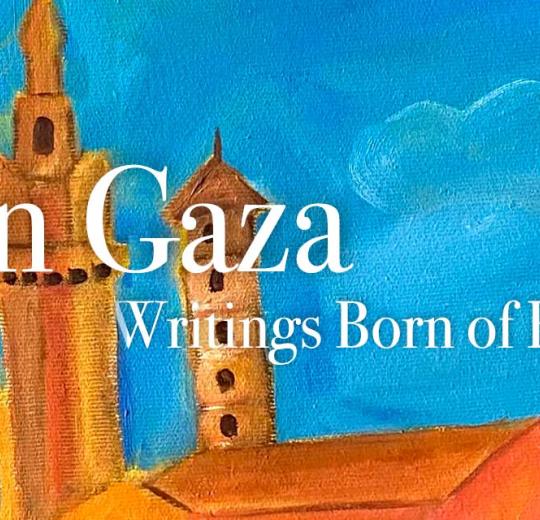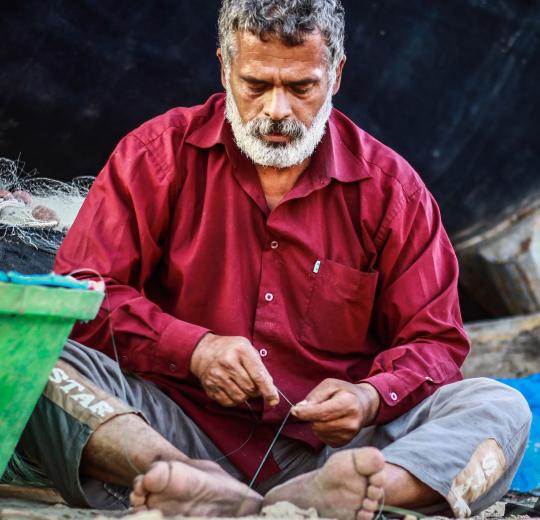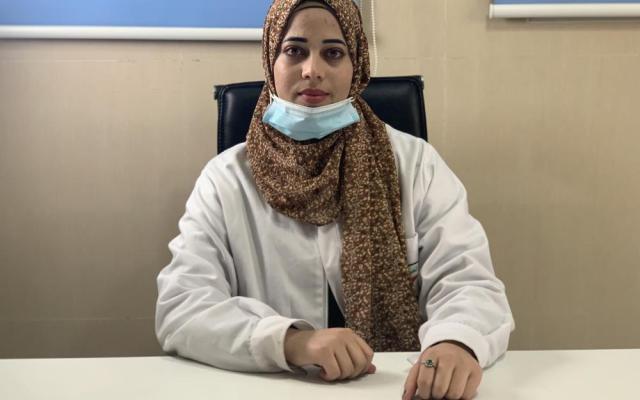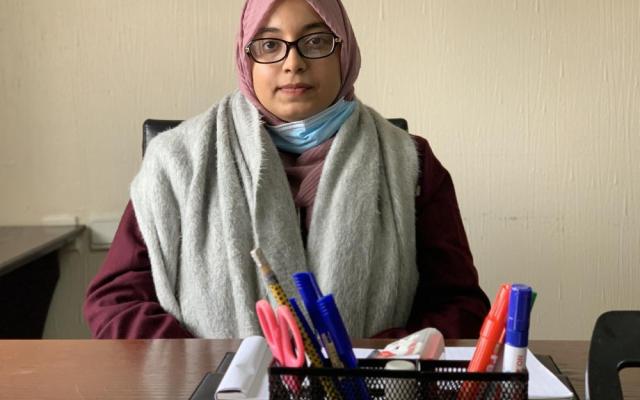For us at Ajal, the most important impact of the blockade is the impact that it has on funding of core expenses. There are a lot of international organizations that are working here that manage projects, but they stopped funding local organizations because of the division between the Palestinian Authority and Hamas and because of the blockade. They prefer to deal with West Bank groups.
Our organization has many connections with West Bank organizations and works with them on fundraising. But when there was a meeting of partners in the West Bank, our application to travel to meet with our partners was rejected without reason. We were also invited to go to a meeting for Euro-Med youth that occurred in the West Bank to represent Gaza youth, but the permits for our group were all rejected.
Another problem of the blockade and international policy is that if we work on a project with an international organization, we must get a VAT exemption and ensure that all goods we use on the project come through the crossing from Israel. We can’t buy products locally because we must prove that nothing is coming through tunnels. This impacts who is willing to implement projects and the quality of projects.
There is also a problem with the politics of development and how it is carried out. For example, USAID over the last years has given more than $50 million dollars to Gaza, but all that money is used to provide direct humanitarian assistance to people. It doesn’t help with development or meet long-term needs. This doesn’t address the siege. It also pushes local organizations to address cash for work and direct assistance programs that don’t either build up local organizations or create sustainability.
"In the past, needs were limited, but now all needs are connected. For example, a lack of fuel limits electricity. A lack of electricity limits water. A lack of water and electricity limits work. A lack of work causes stress and leads to psychosocial need. Psychosocial needs impact violence within families. This is all a cycle."
Before 2007, those of us working for NGOs had many opportunities. We could receive funding, transfer money, move, attend meetings, and overall had agency over our work. This has been taken away.
One of the projects we have done in the East of Gaza is supporting farmers with greenhouses, irrigation supplies, and other farming assistance. But every time there is an invasion in Gaza – in 2008, 2012, and 2014—everything is destroyed and we have to start over completely.
The impact of the siege is more than I can explain. Perhaps as an NGO we can address a few issues, but we can’t address everything. It isn’t that we don’t have information. Through our work and projects, we gather information on needs. We have databases of information that tells us what people need, but even if we know what is needed and write proposals to address these issues, there is no funding for development.
In the past, needs were limited, but now all needs are connected. For example, a lack of fuel limits electricity. A lack of electricity limits water. A lack of water and electricity limits work. A lack of work causes stress and leads to psychosocial need. Psychosocial needs impact violence within families. This is all a cycle.




